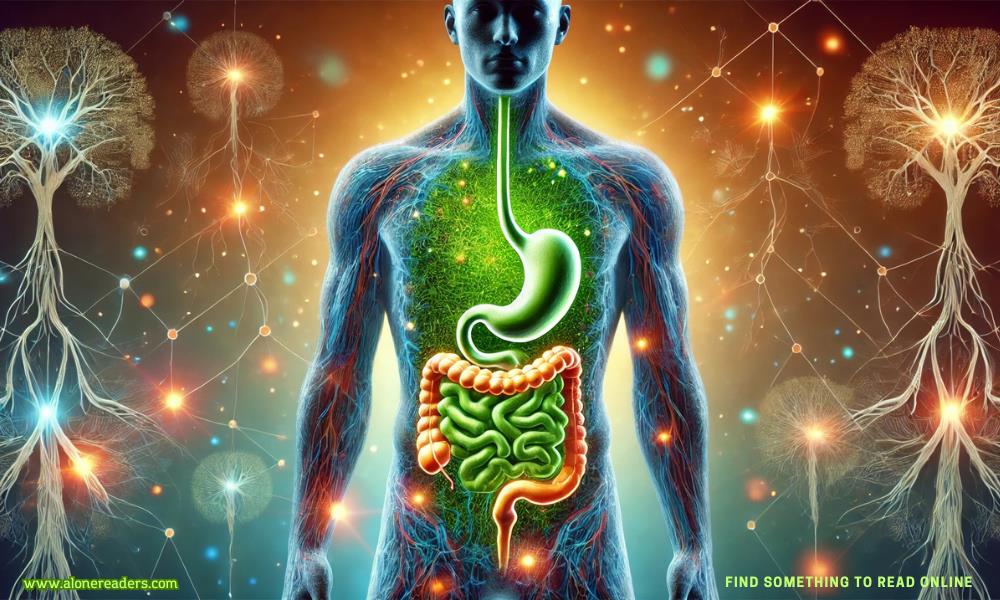
Gut health has emerged as a pivotal factor in determining overall physical wellness. The intricate ecosystem of the digestive system not only processes food but also plays a crucial role in various bodily functions, including immunity, mood regulation, and metabolism. Understanding the impact of gut health can unlock pathways to optimal health and prevent a range of chronic diseases.
The gut microbiome comprises trillions of microorganisms, including bacteria, viruses, fungi, and protozoa, residing in the digestive tract. These microbes are essential for breaking down food, synthesizing vitamins, and protecting against harmful pathogens. A balanced microbiome supports efficient digestion and nutrient absorption, while an imbalance, known as dysbiosis, can lead to various health issues.
Approximately 70% of the immune system is housed in the gut. The gut microbiota interacts with immune cells, helping the body distinguish between harmful invaders and benign substances. A healthy gut microbiome enhances the body's ability to fight infections and reduces the risk of autoimmune diseases. Conversely, an imbalanced microbiome can trigger chronic inflammation, contributing to conditions like allergies, asthma, and inflammatory bowel disease (IBD).
The gut-brain axis is a bidirectional communication system between the gut and the brain. Gut health significantly influences mental health, affecting mood, stress levels, and cognitive function. Beneficial gut bacteria produce neurotransmitters like serotonin, which regulates mood and emotions. Dysbiosis has been linked to mental health disorders such as depression, anxiety, and even neurodegenerative diseases like Alzheimer's.
A healthy gut microbiome plays a critical role in metabolism, influencing how the body stores fat and regulates blood sugar levels. Studies have shown that an imbalanced microbiome is associated with obesity, type 2 diabetes, and metabolic syndrome. By maintaining a balanced gut microbiota, individuals can improve insulin sensitivity, reduce inflammation, and support healthy weight management.
Diet is a cornerstone of gut health. Consuming a diverse range of fiber-rich foods, such as fruits, vegetables, whole grains, and legumes, promotes the growth of beneficial bacteria. Fermented foods like yogurt, kefir, sauerkraut, and kimchi introduce probiotics that enhance microbial diversity. Conversely, a diet high in processed foods, sugar, and unhealthy fats can disrupt the microbiome, leading to dysbiosis and related health issues.
Probiotics are live beneficial bacteria that can be consumed through supplements or fermented foods, helping to replenish and maintain a healthy microbiome. Prebiotics, on the other hand, are non-digestible fibers that serve as food for these beneficial bacteria, promoting their growth and activity. Incorporating both probiotics and prebiotics into the diet is essential for sustaining gut health and overall wellness.
Several lifestyle factors influence gut health beyond diet. Stress, for example, can alter the gut microbiota composition, leading to increased intestinal permeability and inflammation. Regular physical activity promotes microbial diversity and enhances digestive function. Additionally, adequate sleep and avoiding unnecessary antibiotics are crucial for maintaining a balanced gut microbiome.
A healthy gut microbiome is instrumental in preventing chronic diseases. By regulating inflammation, enhancing immune function, and maintaining metabolic balance, gut health can reduce the risk of conditions like cardiovascular disease, certain cancers, and autoimmune disorders. Investing in gut health is a proactive strategy for long-term disease prevention and overall physical wellness.
Recognizing the signs of an unhealthy gut is essential for timely intervention. Common symptoms include:
Improving gut health involves a multifaceted approach:
Research on gut health is rapidly evolving, uncovering new connections between the microbiome and various aspects of physical and mental wellness. Future studies aim to develop personalized nutrition and probiotic therapies tailored to individual microbiome profiles. Advances in this field hold promise for innovative treatments for chronic diseases, enhancing the quality of life through better gut health management.
Conclusion
Gut health is a fundamental component of overall physical wellness, influencing everything from immune function to mental health and metabolic processes. By prioritizing a balanced diet, maintaining a healthy lifestyle, and being aware of the signs of gut imbalance, individuals can significantly enhance their well-being. As research continues to unveil the complexities of the gut microbiome, the importance of gut health in achieving optimal health becomes increasingly clear. Investing in gut health is not just about digestive comfort—it's a cornerstone of comprehensive physical wellness.